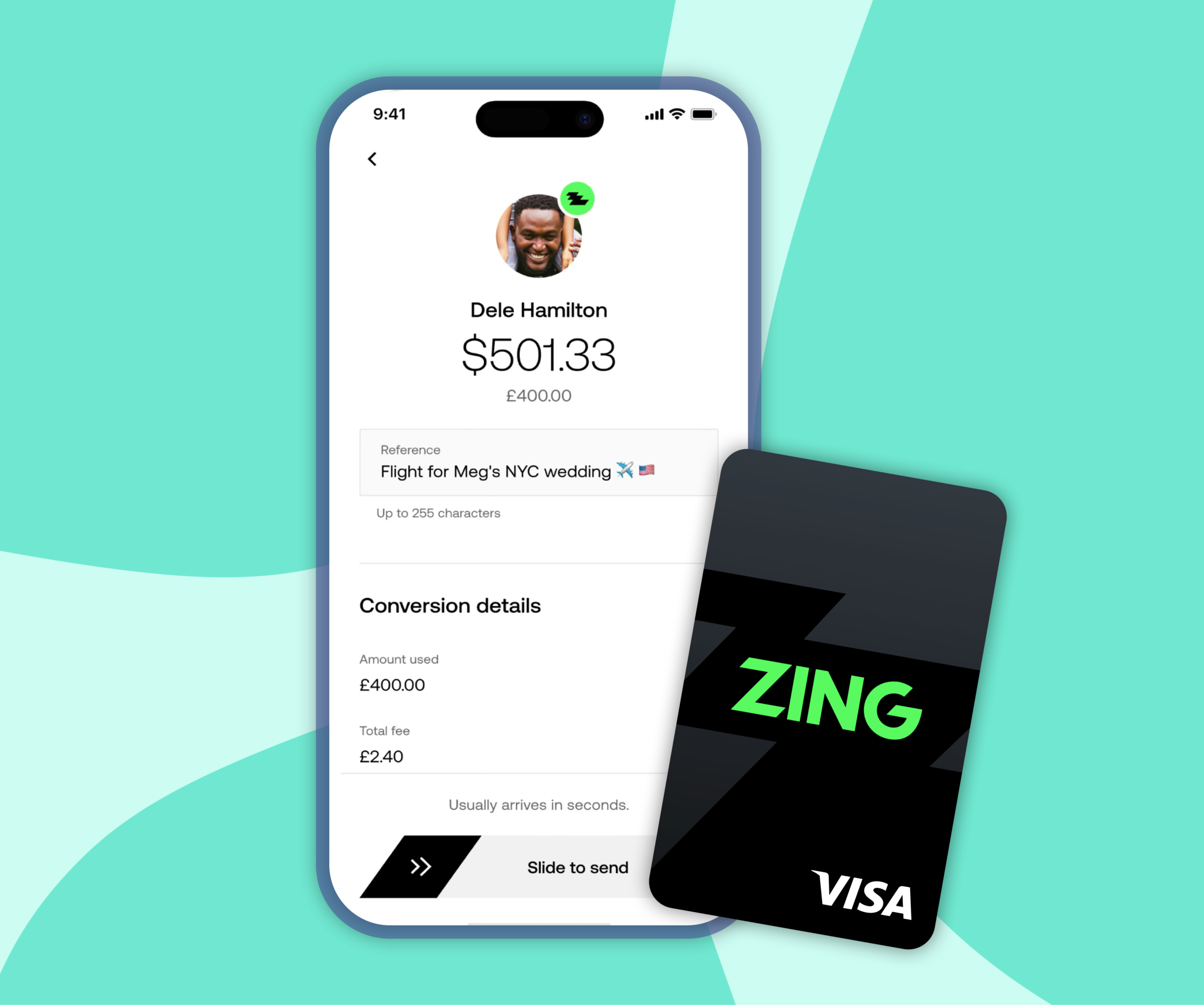HSBC UK Zing shuts down app after just one year
Editor, Personal Finance: Michelle Blackmore
Last Updated: January 28, 2026
HSBC has announced the closure of its digital payments app, Zing, just one year after its launch. Introduced in January 2024, Zing aimed to compete with fintech giants like Revolut and Wise but struggled to gain traction in the highly competitive market. This decision raises questions about traditional banks’ ability to innovate and thrive in the fintech space, leaving customers and employees uncertain about what’s next.
What was Zing?
Zing was HSBC’s ambitious entry into the growing digital payments market. Launched in January 2024, the app was designed to rival leading fintech services with features such as competitive exchange rates and an intuitive user interface. Zing was intended asnan international payments app and multi-currency card. However, despite its forward-thinking approach, Zing struggled to attract a substantial user base.
Why is HSBC closing Zing?
According to Reuters, HSBC decided to close Zing following a strategic review. A bank spokesperson stated:
The statement further highlighted HSBC’s focus on areas where it has a clear competitive advantage and growth potential, steering resources toward initiatives that align with these goals.

Zing’s impact on customers and employees
The closure of Zing has placed approximately 400 jobs at risk. While HSBC has not confirmed the exact number of redundancies, the bank stated it would seek to redeploy affected employees where possible.
For customers, Zing shared the following message:
“Our mission has always been to enable Zing members to live their best international lives, and we’re proud of all that we have achieved in service of that mission. Zing members have been at the heart of everything we’ve built, giving us your trust, support, and feedback to shape Zing into an award-winning international money app”.
What current Zing members should know
According to Zing, there are no immediate changes to members’ accounts, and funds remain safeguarded. Customers can continue to use all account and app features as usual until 2 April 2025.
If customers still have money in their Zing accounts, they are encouraged to transfer the funds to another account or use the balance for payments. Currency conversion back to GBP will be free of charge.
Key dates for changes to the Zing app:
- Until 2 April 2025: All app features, including adding funds, currency conversion, and money transfers, will continue to work as normal.
- From 2 April 2025: Customers will no longer be able to add funds or receive payments into their accounts.
- 22 May 2025: Zing accounts and the app will officially close. After this date, the app will no longer be accessible, and a formal notice of termination will be sent in advance.
The future of banks in fintech
Zing’s closure serves as a reminder of the challenges traditional banks face when entering the fintech market. While banks like HSBC have the resources to launch innovative solutions, they often struggle to match the fast-paced, customer-focused strategies of fintech companies.
As the financial landscape evolves, traditional banks will need to adapt to meet the expectations of a tech-savvy audience. This includes finding ways to combine their vast resources with a more agile, customer-centric approach.
Conclusion: Was Zing a failed misstep?
Many see Zing’s closure as a significant failure. According to Electronic Payments International, a GlobalData-owned brand, the failed Zing initiative represents a $150 million misstep. They describe it as:
“A cautionary tale about why some traditional banks struggle to innovate successfully.”
While Zing may not have achieved its goals, its short-lived run provides valuable lessons for traditional banks attempting to navigate the fintech revolution.